‘Serious conversation’ needed over release of carp herpes into Australian waters
Flooding means ‘bottom-feeding pests’ are appearing in huge numbers
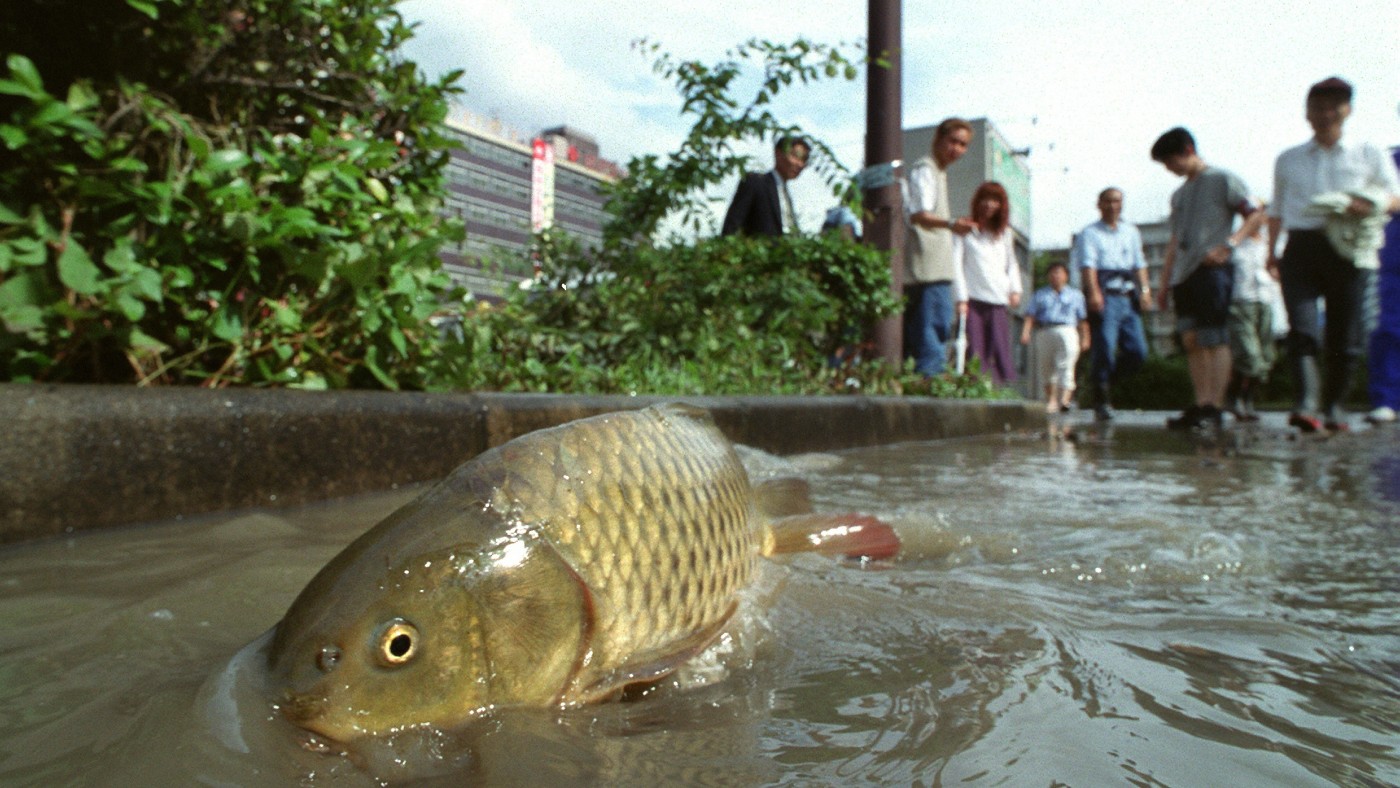
A free daily email with the biggest news stories of the day – and the best features from TheWeek.com
You are now subscribed
Your newsletter sign-up was successful
Rising numbers of carp in Australia have led to calls for an eye-opening response: the release of carp herpes to control numbers.
In some of Australia’s rivers more than 90% of all fish are carp and “extreme carp spawning” is occurring as a result of flooding across the country, said ABC. The situation, in particular in the Murray-Darling Basin of southeastern Australia, has “reinvigorated debate” around releasing the carp herpes virus.
“Videos of writhing masses of both adult and young fish illustrate that all is not well in our rivers,” said fisheries ecologist Ivor Stuart and his colleagues from Charles Sturt University on The Conversation. However, they noted, there are “valid concerns” over any future release of carp herpes, including “cleaning up dead carp, and potential significant reductions of water quality and native fish”.
The Week
Escape your echo chamber. Get the facts behind the news, plus analysis from multiple perspectives.

Sign up for The Week's Free Newsletters
From our morning news briefing to a weekly Good News Newsletter, get the best of The Week delivered directly to your inbox.
From our morning news briefing to a weekly Good News Newsletter, get the best of The Week delivered directly to your inbox.
The experts said that a “serious conversation” about the virus was needed, as well as other methods such as manipulating water levels to help native fish and disrupt conditions for carp to breed – but there are “no silver bullets”.
Since its introduction to Australia in the late 1960s, the common carp has become an “ecologically destructive species”, said New Scientist.
The Guardian was harsher still, describing the carp as an “introduced, bottom-feeding pest” that “muddy the waters… destroying native water plants, insects, crustaceans and fish”.
A long-awaited government report has found that more research is required before a decision on whether to release the carp herpes into Australian waterways is made.
A free daily email with the biggest news stories of the day – and the best features from TheWeek.com
It concluded that the virus could reduce and suppress populations by 40 to 60% and by up to 80% in less resilient populations.
However, it suggested further research into how the virus could affect other fish species, including native species.
Meanwhile, the RSPCA said that while it “recognises the need to control introduced species to minimise their environmental and agricultural impacts”, control methods “must be as humane as possible for all species, including fish”, which are “sentient animals capable of experiencing pain and suffering”.
Chas Newkey-Burden has been part of The Week Digital team for more than a decade and a journalist for 25 years, starting out on the irreverent football weekly 90 Minutes, before moving to lifestyle magazines Loaded and Attitude. He was a columnist for The Big Issue and landed a world exclusive with David Beckham that became the weekly magazine’s bestselling issue. He now writes regularly for The Guardian, The Telegraph, The Independent, Metro, FourFourTwo and the i new site. He is also the author of a number of non-fiction books.
-
 Secured vs. unsecured loans: how do they differ and which is better?
Secured vs. unsecured loans: how do they differ and which is better?the explainer They are distinguished by the level of risk and the inclusion of collateral
-
 ‘States that set ambitious climate targets are already feeling the tension’
‘States that set ambitious climate targets are already feeling the tension’Instant Opinion Opinion, comment and editorials of the day
-
 Mixing up mixology: The year ahead in cocktail and bar trends
Mixing up mixology: The year ahead in cocktail and bar trendsthe week recommends It’s hojicha vs. matcha, plus a whole lot more
-
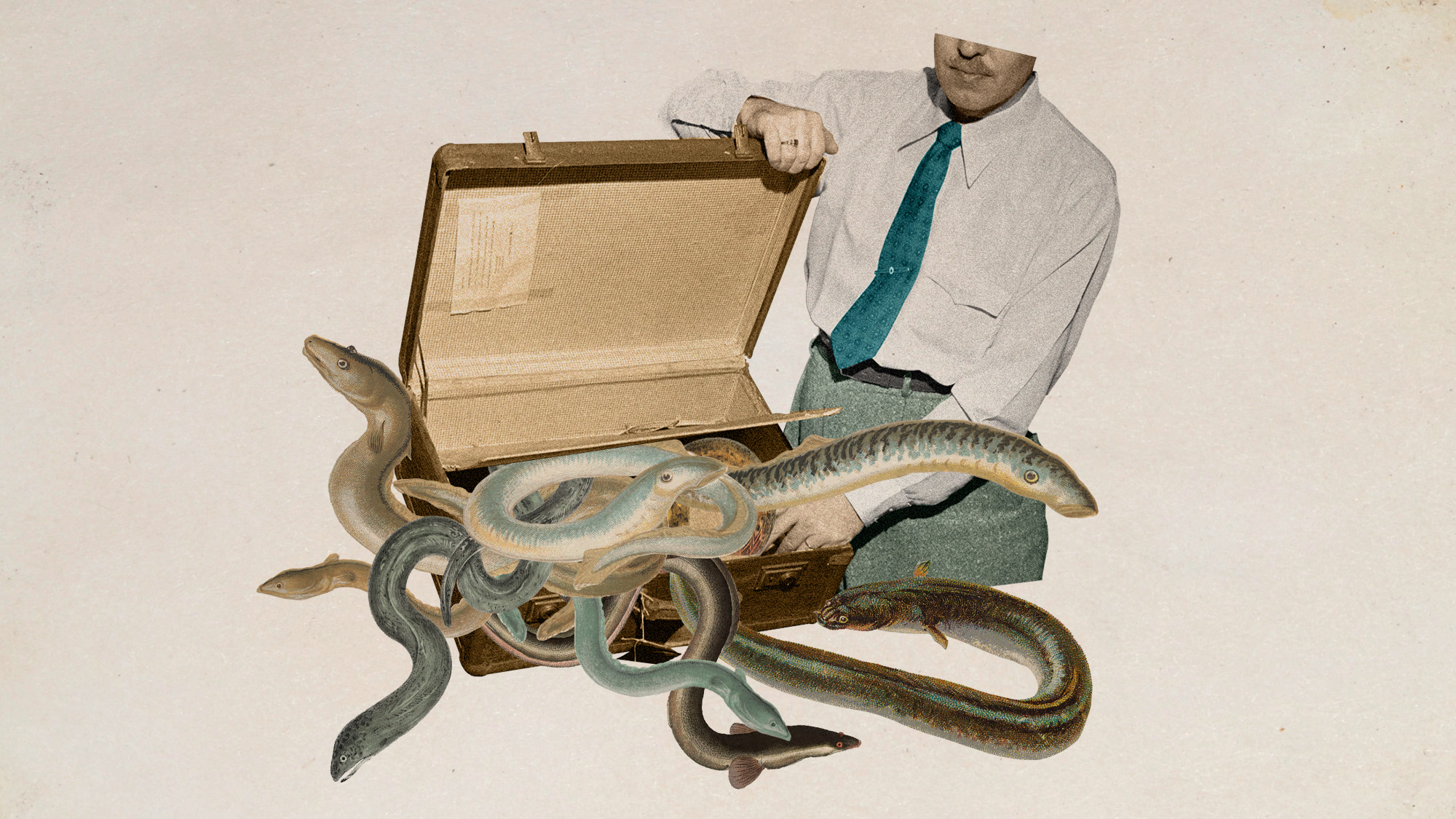 Eel-egal trade: the world’s most lucrative wildlife crime?
Eel-egal trade: the world’s most lucrative wildlife crime?Under the Radar Trafficking of juvenile ‘glass’ eels from Europe to Asia generates up to €3bn a year but the species is on the brink of extinction
-
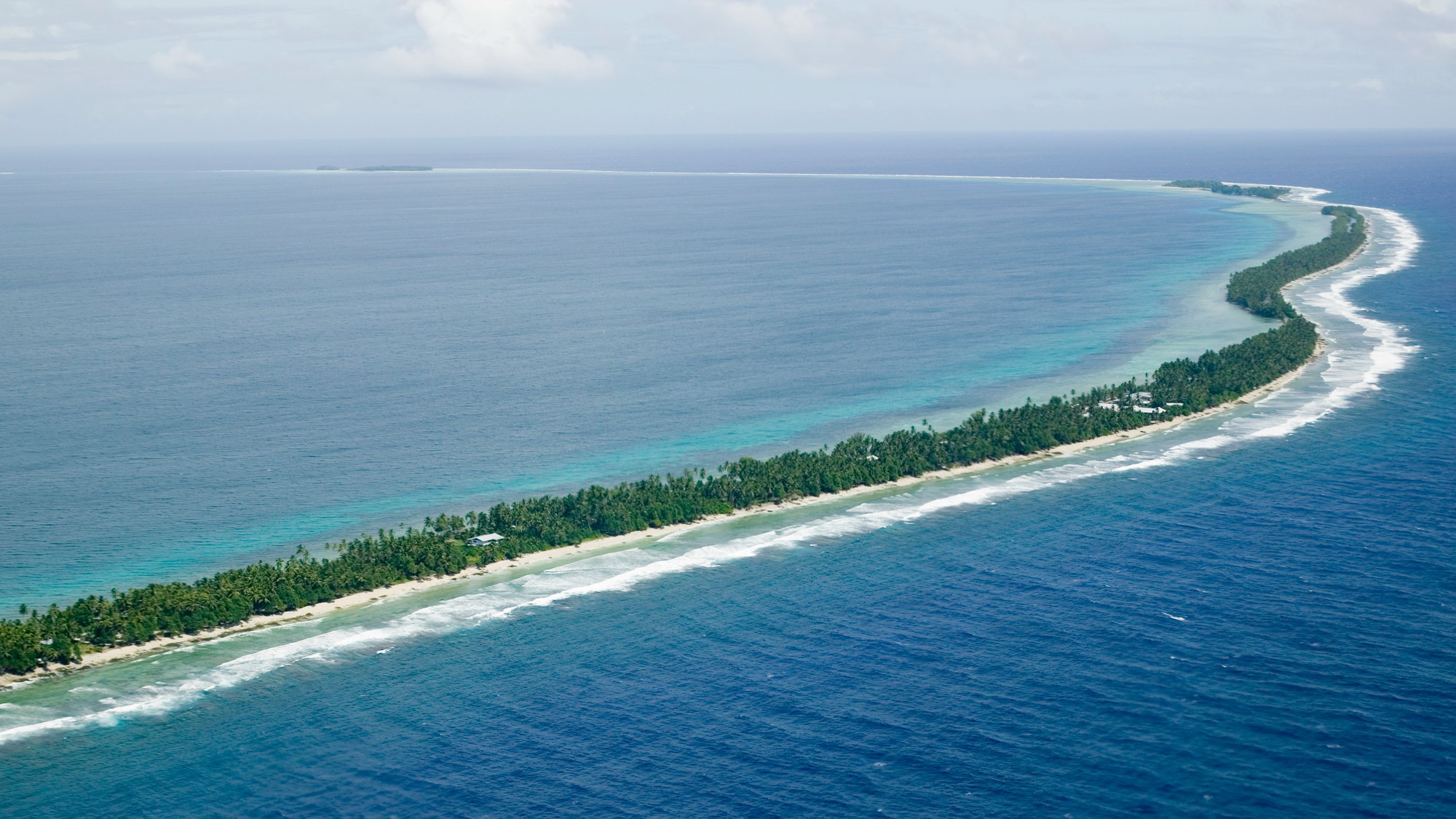 Tuvalu is being lost to climate change. Other countries will likely follow.
Tuvalu is being lost to climate change. Other countries will likely follow.Under the Radar Sea level rise is putting islands underwater
-
 The Australia-Asia Power Link
The Australia-Asia Power LinkUnder The Radar New electricity infrastructure will see solar power exported from Down Under to Singapore
-
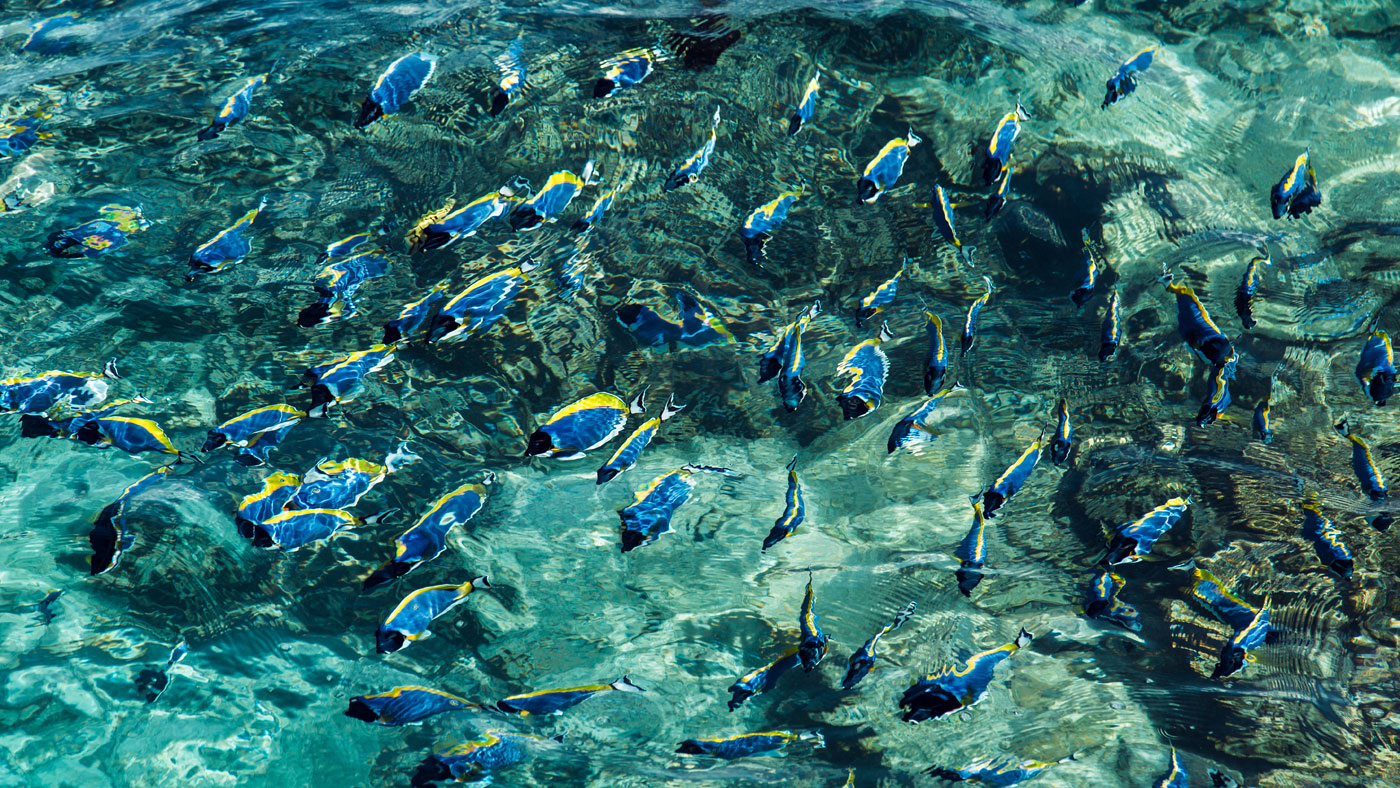 How the UN high seas treaty aims to protect the world’s oceans
How the UN high seas treaty aims to protect the world’s oceansfeature Nearly 200 countries agreed to a legally binding protocol that has been two decades in the making
-
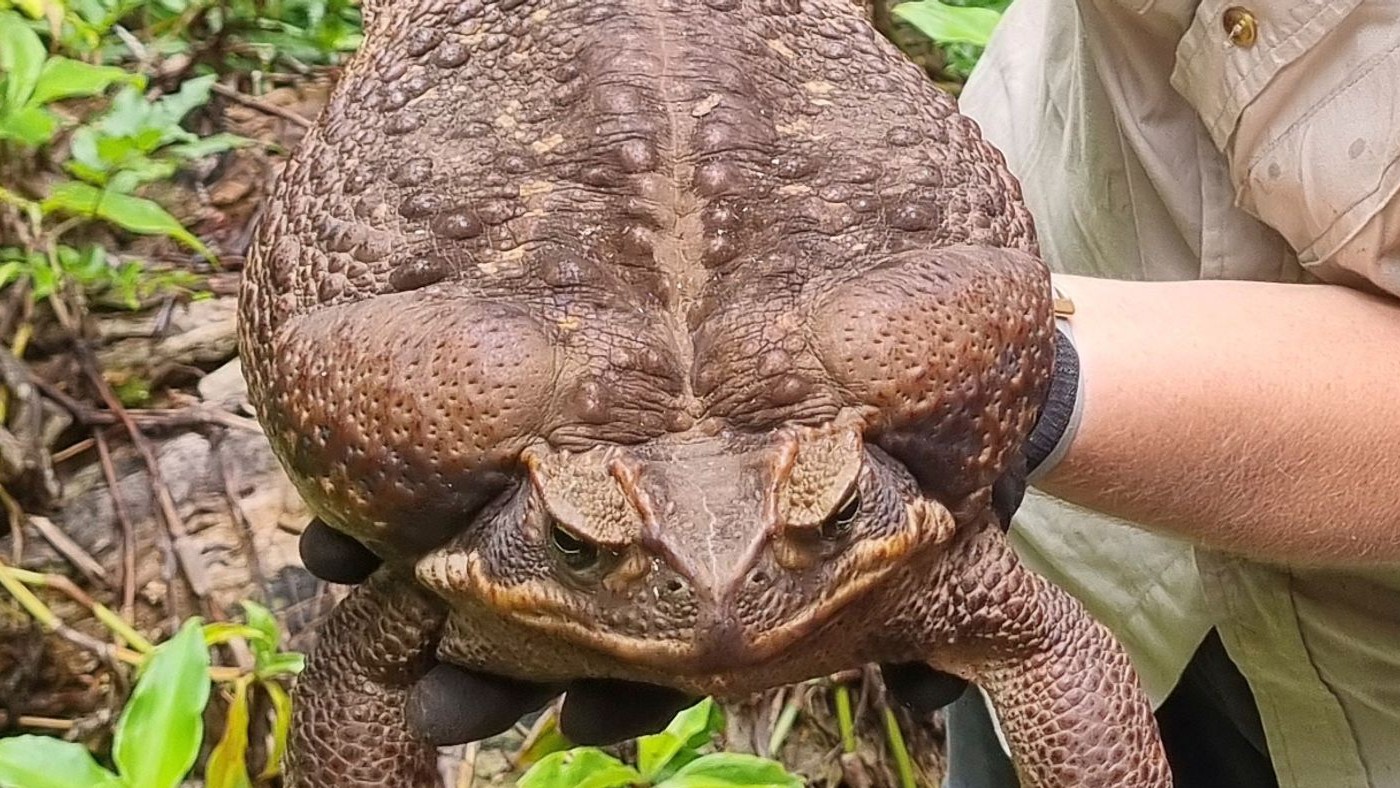 Was Toadzilla the biggest toad of all time?
Was Toadzilla the biggest toad of all time?Speed Read Massive amphibian found in north Australian rainforest was ‘like a football with legs’
-
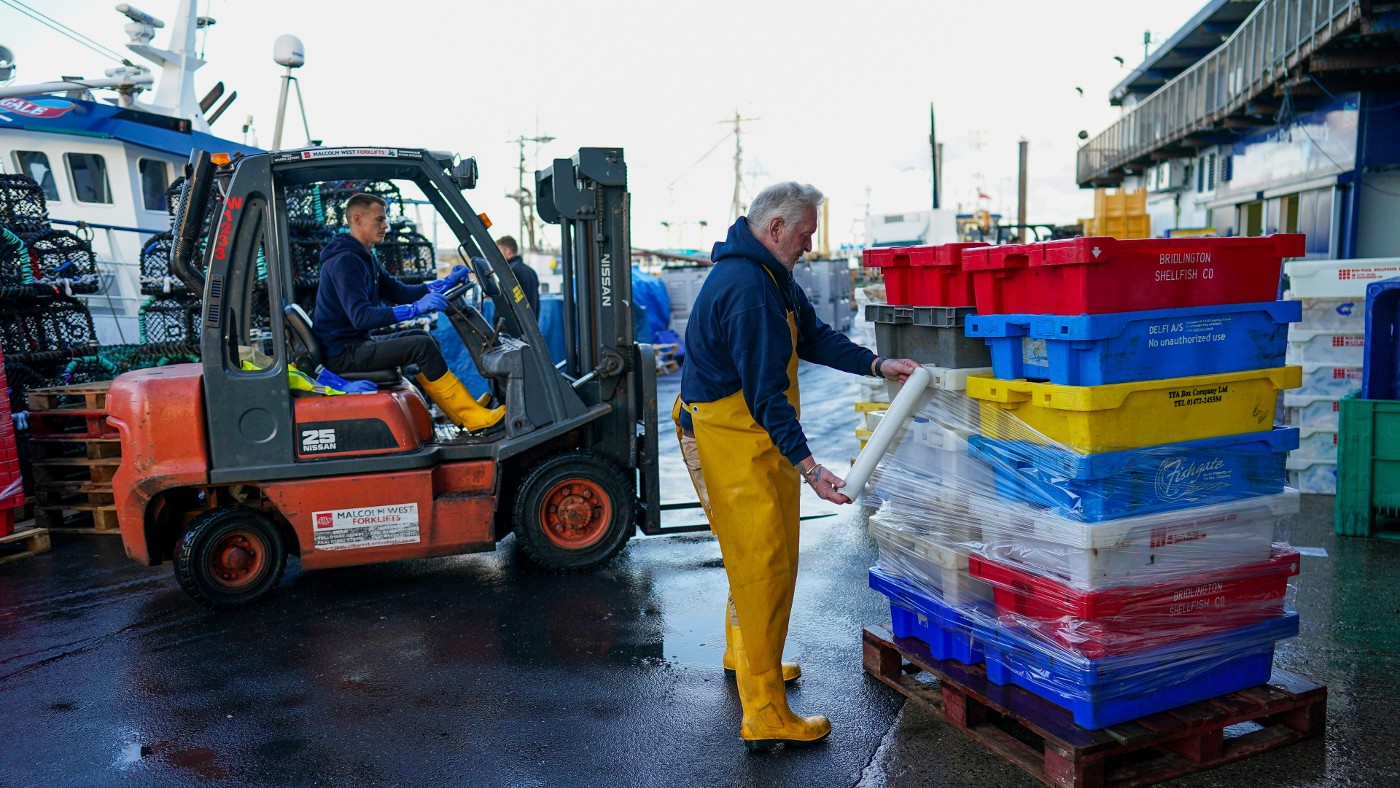 Is the freeport to blame for loss of marine life in Teesside?
Is the freeport to blame for loss of marine life in Teesside?feature Bitter row has broken out between the government and fishermen over mass die-off of crabs and lobsters
-
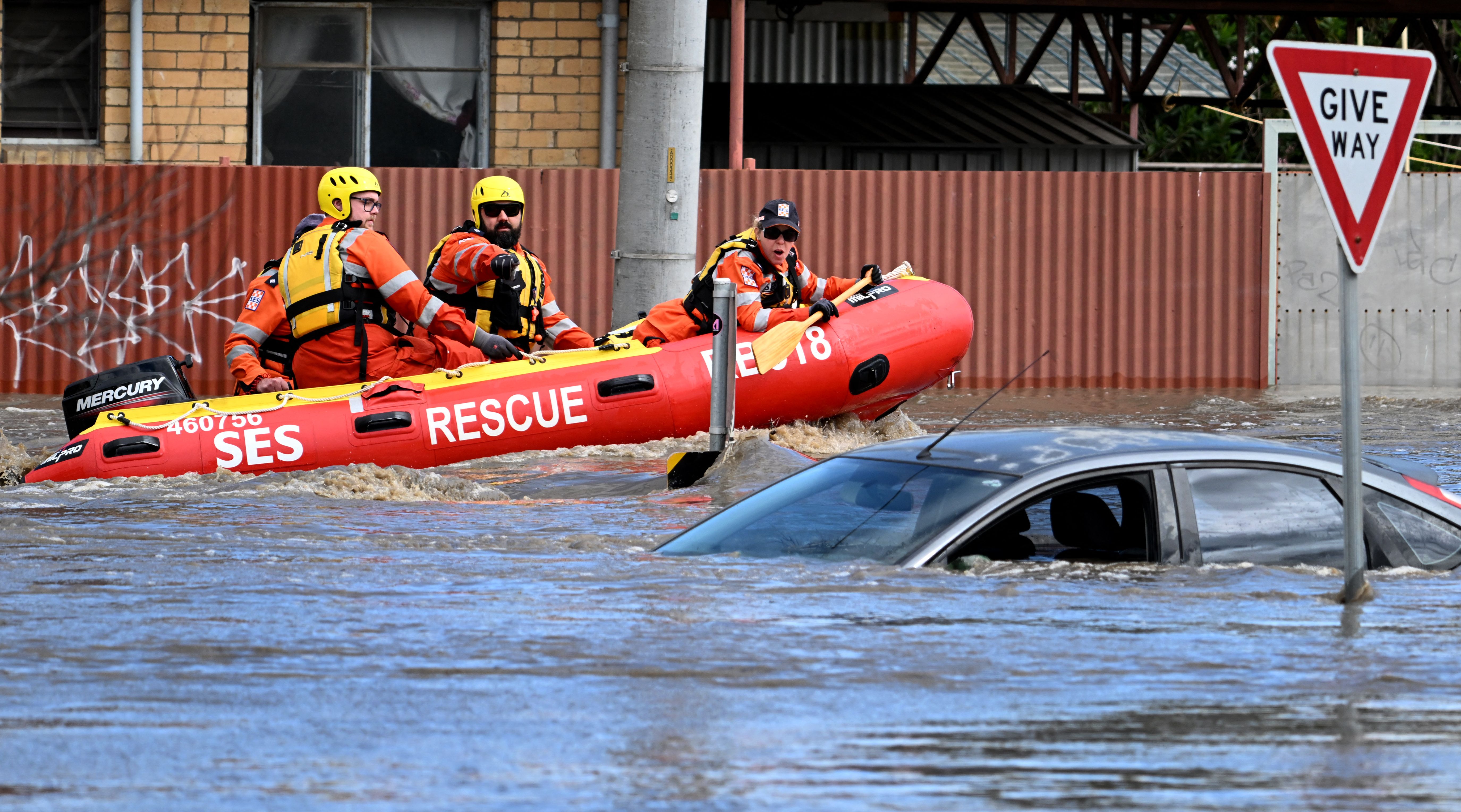 Severe flooding continues to pummel parts of Australia
Severe flooding continues to pummel parts of AustraliaSpeed Read
-
 The link between colonialism and climate change examined
The link between colonialism and climate change examinedfeature Top scientists point to connection for first time in new IPCC study